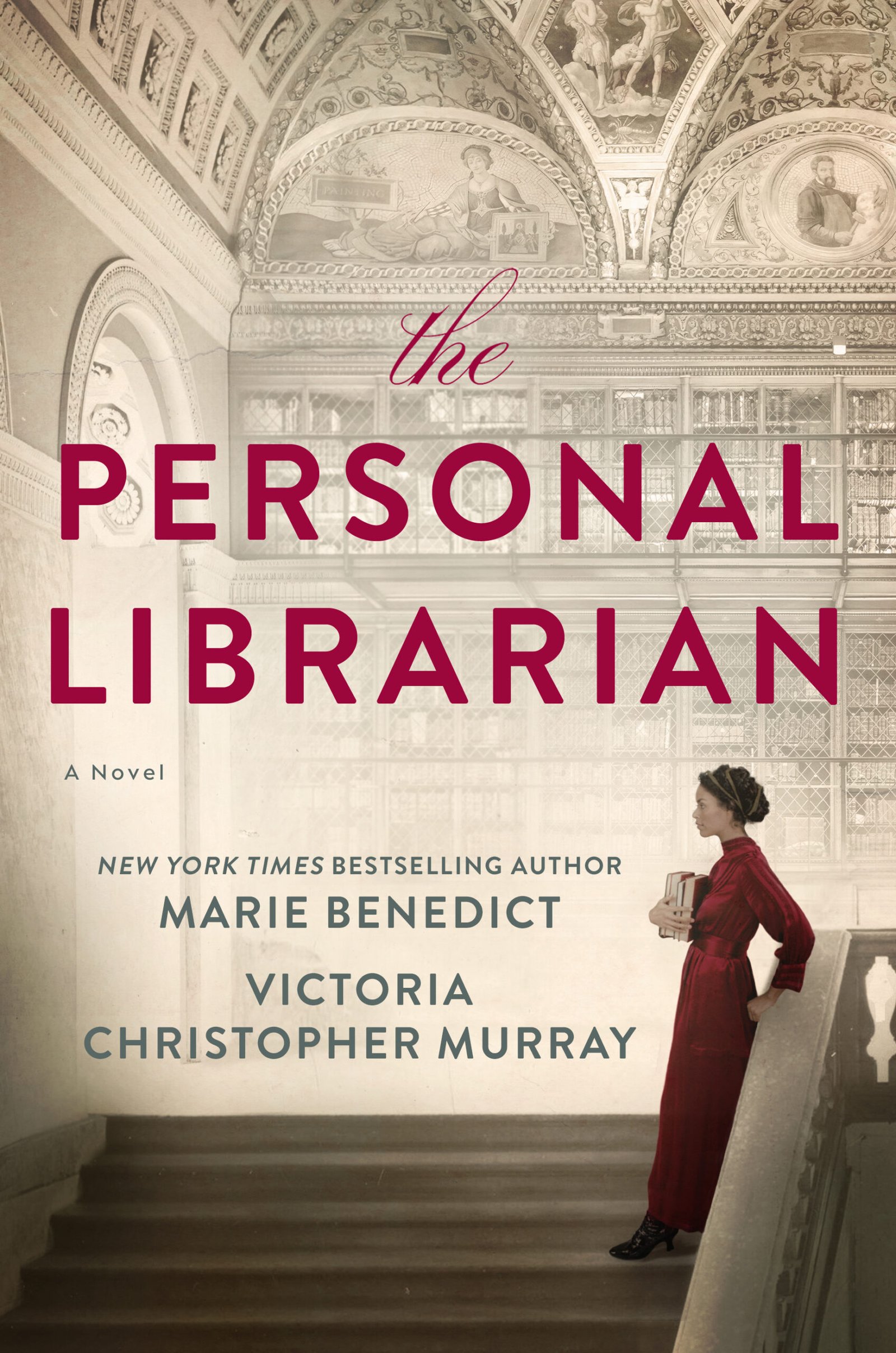Discovering “The Personal Librarian”: A Journey Through Identity and Resilience
When I first stumbled upon The Personal Librarian by Marie Benedict and Victoria Christopher Murray, I was instantly captivated by the unique premise: the story of Belle da Costa Greene, an African American woman passing as white in a time when society severely limited the lives of people of color. This intriguing intersection of personal history and identity struck a deep chord with me. I couldn’t resist diving into her world, and I’m delighted to share my thoughts on this remarkable book.
Set against the backdrop of early 20th-century America, the narrative begins with Belle, a brilliant young woman who navigates her way through racial dynamics that force her to carry the weight of her secret: she is Black in a world that demands conformity to white standards. Belle’s journey is not just about her role as J.P. Morgan’s personal librarian; it’s a profound exploration of self-identity, ambition, and the complexities of race in America. I was struck by the resilience of her character, particularly the challenges she faced in a society that insisted on categorizing individuals based solely on the color of their skin.
Benedict and Murray’s collaborative prowess shines in their evocative prose. Their extensive research is evident, particularly in how they portray Belle’s struggle to maintain her identity while excelling in her profession. The pacing of the novel felt seamless, perfectly balancing character development with historical detail. I appreciated how the authors expertly wove in the nuances of Belle’s interactions with influential figures of her time, making history feel alive and relatable.
One of the most touching themes throughout the book is family and the sacrifices made in the interest of a better future. Belle’s upbringing in a close-knit and educated family provided her with the intellectual foundation that would serve her well. I found myself particularly moved when Belle reflects on how her mother’s foresight and protective instincts shaped her path. It reminded me of the lengths families go to ensure success amidst societal oppression.
The audio version narrated by Robin Miles deserves a special mention. Her voice brought Belle’s story to life, resonating with emotion and gravitas that deepened my connection to the character. Listening felt like sitting beside a wise friend who was recounting a pivotal moment in history, not just reading a historical account.
In their Author Notes, Benedict and Murray discuss the profound impact of writing this story during the pandemic and the societal reckonings that occurred in 2020. Their honesty about their collaboration and the importance of authentic representation added depth to my reading experience. It felt like a shared journey of understanding that transcended mere words on a page.
I wholeheartedly recommend The Personal Librarian to anyone interested in historical fiction, particularly those who enjoy stories centered on strong, complex female characters. This book not only educates but challenges perceptions about race, identity, and the power of perseverance. It left me reflecting on my own understanding of privilege and the importance of acknowledging the multifaceted stories that shape our society.
In essence, Belle’s story is as important today as it was over a century ago, and I found it to be a powerful reminder of the battles fought for identity and respect. Whether you’re a history buff, a lover of literary elegance, or someone seeking to understand deeper societal issues, Belle da Costa Greene’s journey will resonate long after the final page.
[ad_2]







